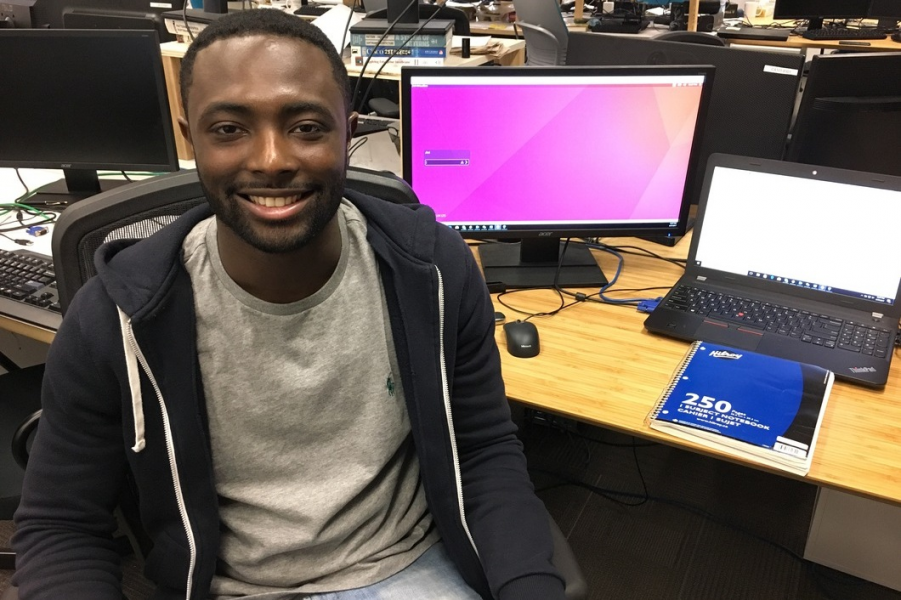
I was just rounding up my second year of my Mechatronics Systems Engineering degree at SFU when I started actively pursuing co-op opportunities. I had worked odd jobs here and there which included door-to-door sales and serving food at a restaurant. At this point, I looked at my first resume and said to myself “no one is going to employ me”. Now I am midway into a 16-month work term as a QA Engineer at Istuary Innovations Labs and I can say that I am a lot more confident than I was back then. In this article, I will cover the difference in my employability before and after my co-op terms and explain why you should be excited about co-op too
My first coop was as a QA engineer at a start-up in Vancouver called Netra. I joined Netra after completing my second year at SFU. At the time, I was unsure about moving forward with my engineering degree. I decided to apply for a co-op position anyway as I felt it would allow me a glimpse of what my future work might look like, if I continued with engineering. This turned out to be one of the best decisions I’ve made since starting at SFU. Even as co-op is mandatory for the completion of my degree, I could go out and work for a summer and reignite my interest in studying engineering. I also met other co-op students and professional engineers who shared their experiences with me and allowed me to further confirm why I wanted to pursue my degree. Also, at the end of the work term I managed to add some skills to my resume. In four months, I had worked with a variety of both hardware devices and software products which could serve as a platform when applying for future coops/jobs. Now I could look at my resume and feel a lot more confident about my employability as opposed to before my co-op.
Before my first co-op, I had a similar resume to most of my classmates. We had all taken the same courses and worked on the same projects and labs. Co-op allowed me to distinguish myself in a more formal setting. I’ve now been involved in real-world projects with teams of engineers from different backgrounds. I have found that working on these projects are just as valuable as the projects I worked on at school for making me attractive to future employers. Projects I’ve worked on during my co-op terms range from testing and rolling out object and image recognition software, to testing and installing prototype internet-protocol cameras. I have also been involved with writing automation scripts in python to routinely test the stability of software being used in China! None of these experiences would have been possible without co-op. Once again, I have developed myself through co-op and can compare where I was before and where I am now after co-op.
I would say that I have learnt just as much about myself and my abilities as I have learnt technical skills during my co-op terms. After three co-ops with three different companies, I am aware of my strengths and areas in which I can improve. Knowing areas where you are relatively weak is the first step in self-improvement. I have been able to improve my programming skills on the job which has continued to add value to my overall employability. Before the start of my first co-op, I had little or no experience with using Ubuntu nor programming in Python. These are two key areas which anyone going into the tech world should have as assets. I have also taken it upon myself to set up a GitHub account for all programming projects I undertake in my free time.
I am constantly seeking ways to be more efficient and organized by making sure I always take notes in meetings and whenever new tasks are designated to me. Working in a professional environment has taught me to be more accountable and I am glad to learn this through co-op.
Beyond the Blog
-
To learn more about co-op opportunities like Feyijimi's, visit the Mechatronic Systems Engineering Co-op page.














